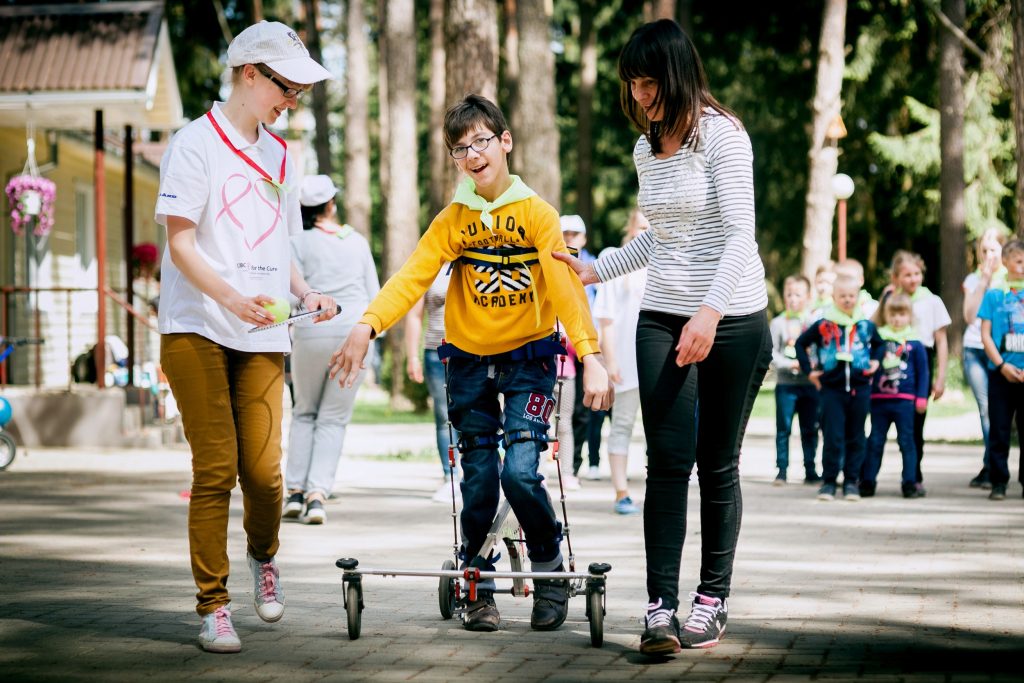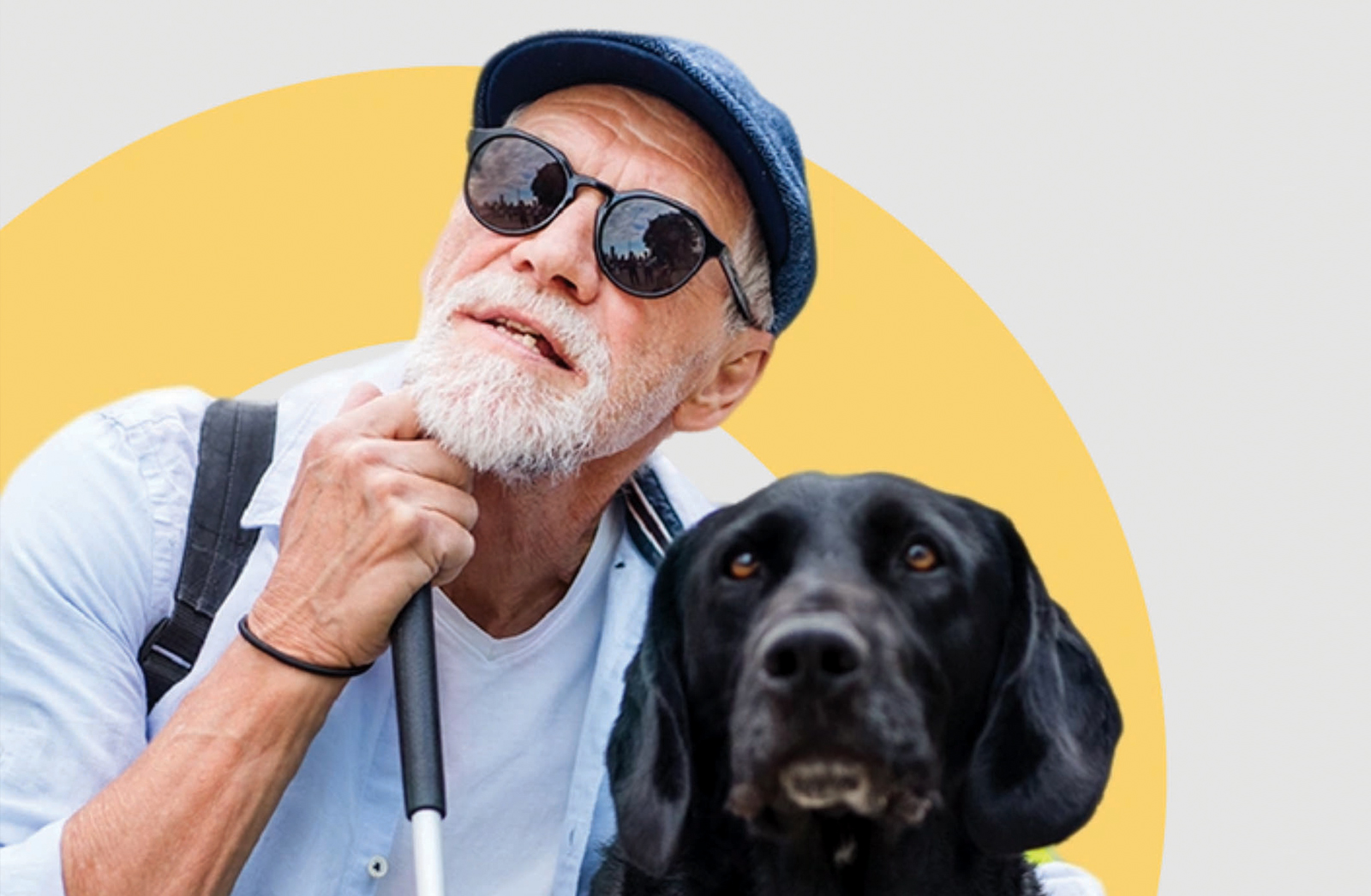 You’ve probably heard of the acronym “KISS.” It’s a design principle adopted by the US Navy in the 1960s that stands for “Keep it simple, stupid. ” It is attributed to Kelly Johnson, the lead engineer at the Lockheed Skunk Works, who told the designers at Lockheed that their designs should be simple enough to be understood and repaired by a person in a combat situation with little training and simple tools. Johnson knew that if things weren’t simple and easy to fix then they would not only cost lives, but quickly become obsolete.
You’ve probably heard of the acronym “KISS.” It’s a design principle adopted by the US Navy in the 1960s that stands for “Keep it simple, stupid. ” It is attributed to Kelly Johnson, the lead engineer at the Lockheed Skunk Works, who told the designers at Lockheed that their designs should be simple enough to be understood and repaired by a person in a combat situation with little training and simple tools. Johnson knew that if things weren’t simple and easy to fix then they would not only cost lives, but quickly become obsolete.
Today’s KISS principle borrows from Johnson’s concept that almost everything is best understood if the instructions are broken down into the simplest and most straightforward of terms. We know that using KISS helps people to solve complex problems and handle larger issues over time. Simple is better for comprehension, measurement, benchmarking and celebrating success along the way.
Rehabilitation professionals and caregivers are used to taking things one step at a time. Establishing a rehab or home care exercise program for an older adult after a hip replacement or cardiac incident, for instance, requires breaking therapy down for a patient into bite-sized portions with a routine, goals and rewards. As in the field of sports, this tight system—say thinkers on the topic—is the difference between a professional and the amateurs.
Professionals set a schedule and diligently stick to it; they train and are coached along the way and, even though there are adjustments needed, it’s their “never give up” routine that separates them. Amateurs wait until they feel inspired or motivated.
Time and again, it’s been proven that people can rise to the most difficult of challenges when they are pushed to the edge of their current abilities. According to the Goldilocks Rule (named by analogy to the famed fairy tale ‘Goldilocks and the Three Bears’ by Robert Southey), we respond best when the challenges before us are not too hard and not too easy, but just right. With change that’s been inflicted on us through injury or illness, recovery and acceptance usually don’t happen quickly. Developing the skills and habits needed to break processes down into “Kissable,” manageable pieces, and having patience with ourselves, is sometimes the secret sauce.
We all know that rehab programs are not dress rehearsals. They are often hard to start; resource- zapping and stretching for all concerned. Readjustment takes time, courage and support. Making changes in our personal lives can be difficult and often needs support. It pushes us beyond our comfort zone and into situations we never imagined ourselves in.
As a health professional, perhaps the next time you see a client floundering, it might be wise to remind yourself about both KISS and the Goldilocks Rule. Ask yourself if your patient has been pushed too far or too fast, and if your goals, measurements and feedback are not too hard and not too soft … but are just right.
As I see it, Goldilocks and KISS might just be some of rehab’s best friends.













